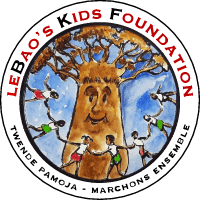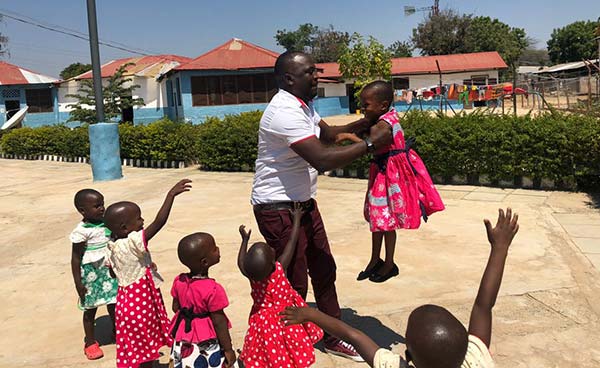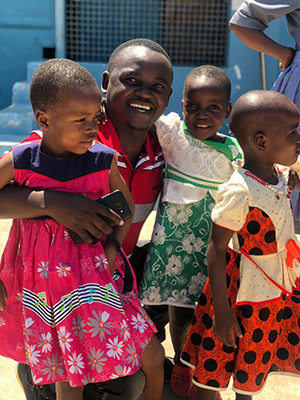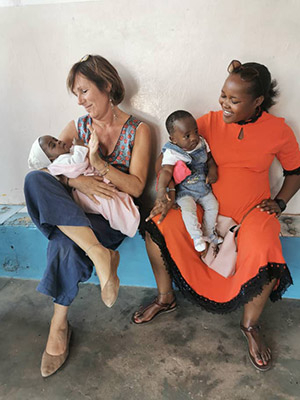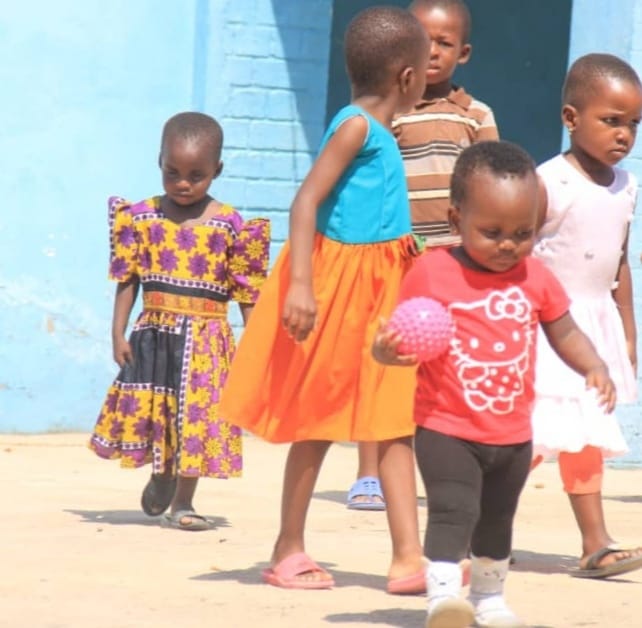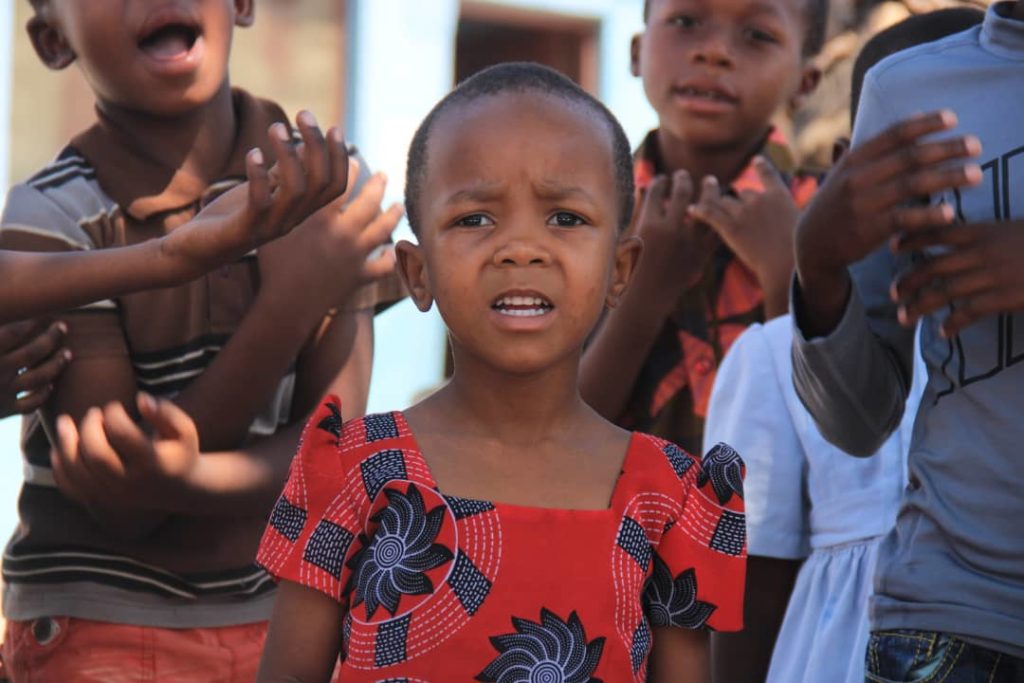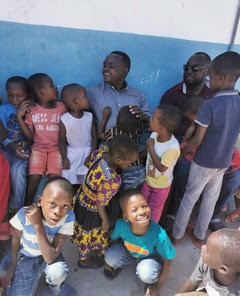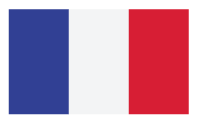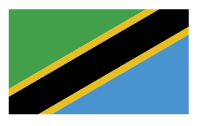The orphanage of MALENDI
The Faraja Orphan Center is a boarding orphanage that is supported by the Italian Catholic mission and embodied on the spot by Father Filippo since 1989 and currently 70 years old. This mission is joined by Italian volunteers who continue to support the orphanage. This establishment welcomes 137 children from birth to adulthood, whether they are totally or partially orphans or have come from families in extreme poverty and unable to provide an education. 12 adults work in this center along with the priest to ensure a permanent presence with these children to meet their food, nursing and daily care needs. Villagers also provide support by being present with the children and by providing material, food and financial assistance.
Financial support comes from various sources but remains insufficient to meet the basic needs of the children. The funds come from private sources, mainly from Italy, in addition to the State and the villagers of Malendi who actively support the Center.
The orphanage of MIGOLI
The MIGOLI orphanage is managed by the Christian Congregation and welcomes 50 children from the Massai community on a full-time basis. These children are taken in from a very young age until they reach the age of majority.
The organization of this center is ensured by the sisters who are permanently present to meet the daily needs of the children : nursing, meals, education.
Opened in 1985 by Italians, the only resources of the center are its modest farms, the villagers and the funds provided by our NGO. This support remains occasional and random. It makes the future uncertain. In spite of all their good will and dedication, the sisters chronically lack the means to offer the children an acceptable lifestyle and the necessary daily care.
Renovation of all the buildings is indispensable, some are no longer waterproof during the rainy season, the sanitary facilities are extremely dilapidated, the furniture is worn out and insufficient in number (beds, tables and chairs) and finally, the orphanage does not have running water.
In spite of these countless obstacles, the tenacity and commitment of the sisters on a daily basis make this place a warm, clean and welcoming place, where the children are respected, cared for and looking well.
BKF supports this orphanage with material aid consisting of the purchase of basic necessities (food and hygiene).
On the other hand, BKF has been particularly sensitive to the lack of water on the site and has the project of a water tank and a well and also as the rehabilitation of the sanitary facilities. A cost estimate has been made for the supply of the water to the site.
Finally, the orphanage has to face a new challenge: It is no longer able to afford the very high cost of baby formula boxes and is obliged to take in more and more very young children, including infants. The orphanage is now launching a serious appeal for help because it can no longer afford the costs of these purchases. Unfortunately, several orphanages seem to be in the same situation in the Iringa district but also in the whole country.
To face this problem, BKF has formed a partnership with the French company SODILAC which develops and markets a wide range of infant nutrition products under the brand name of Laboratoire MODILAC (see chapter "infant formula") to provide 40,000 boxes of infant formula at a very preferential rate, i.e. 16 tons of goods that BKF will be able to send to Tanzania very soon. BKF is partnering with health authorities and NGOs working to fight hunger to distribute the goods and thus meet the food needs of a large number of institutions hosting orphaned and/or vulnerable children for several months. In this way, BKF will provide for the needs of a large population of very young children made vulnerable by their social situation and, on the other hand, will support the orphanages by allowing them to make substantial savings that may be redeployed for other necessities.


